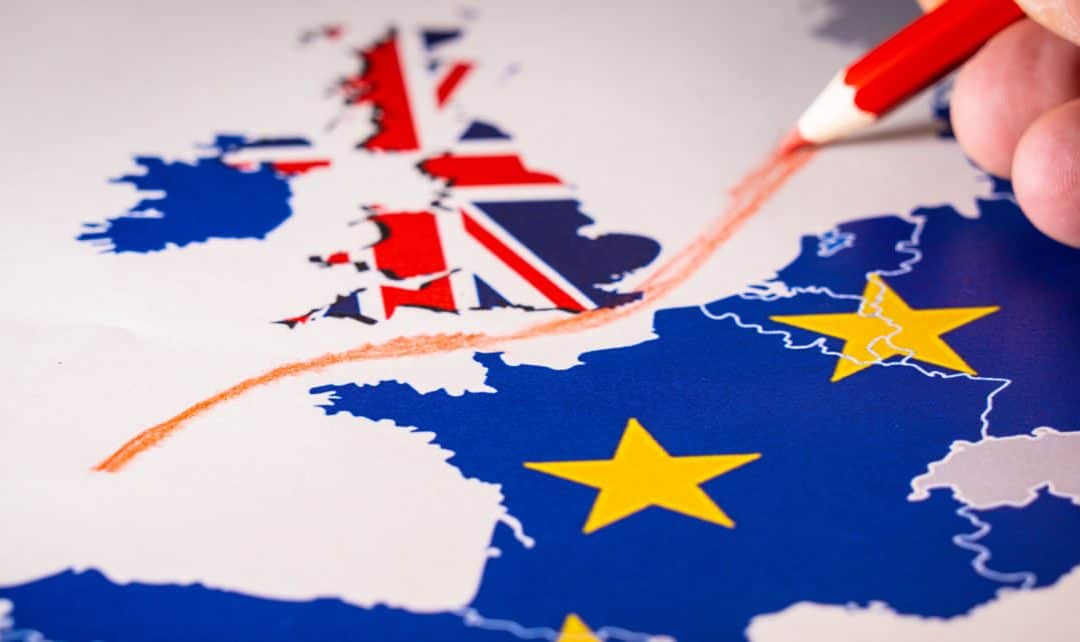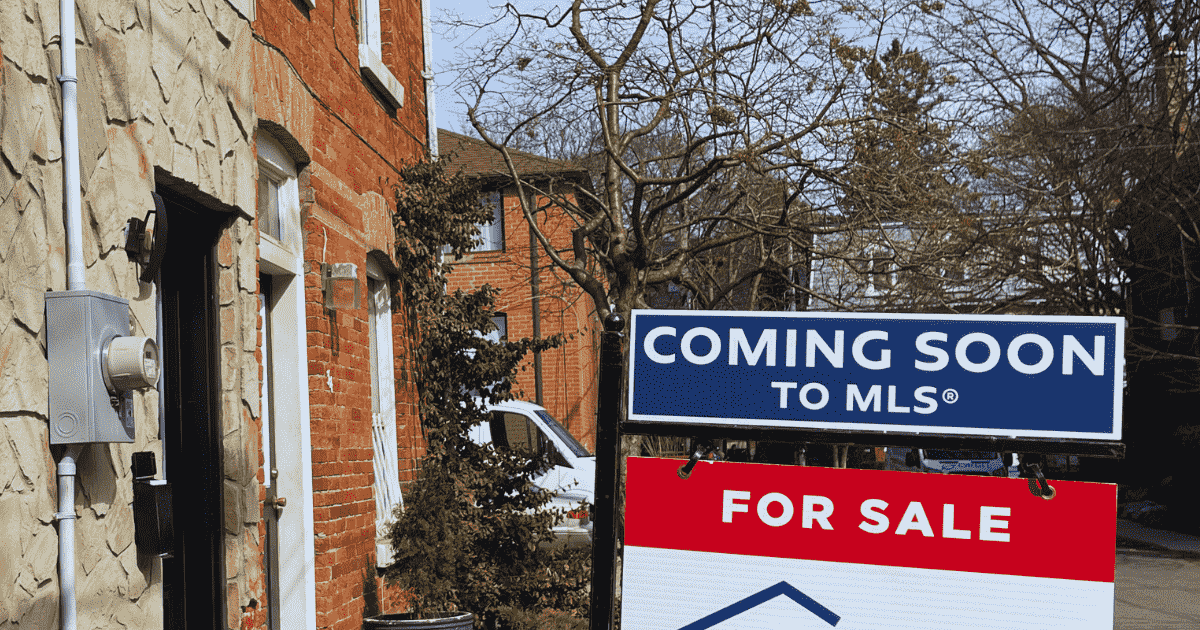Now that the U.K. is almost certainly going to leave the E.U. in early 2020, you may be wondering what the impact will be on house prices. Although we love talking about the property market, it’s a struggle to give a clear-cut response.
The truth is that nobody – not even the so-called “experts” – really knows!
You may remember that, before the referendum vote in 2016, leading economists and even the Bank of England predicted that house prices would fall. But, as shown in the graph, all the major price indices have been showing a different story.
Although there was a little bit of panic after the result, prices remained pretty flat.
There are also a number of other factors that demonstrate how the housing market is more resilient than many believe. Firstly, since 2008, mortgage borrowers have benefitted from a low Bank of England Base Rate (BBR). After a drop to 0.25 per cent to “cushion the blow” post-referendum, they’ve since risen twice to 0.75 per cent. As a result, mortgage rates from banks and building societies are still competitively priced. This, in turn, has fuelled a steady level of growth. There is a possibility that rates could actually be dropped again depending on how the departure from the EU ends up becoming.
Secondly, there is a major undersupply of good quality housing coming on to the market. This is a particularly serious issue in the south of the country. With every year that passes where housebuilding targets are not met, average prices grow as there are not enough homes to go around. Related to this, the complex planning system and rising building costs continue to drive down the number of new homes coming to market.
Thirdly, the government’s Help to Buy scheme has enabled over 450,000 first-time buyers to get on the housing ladder. Although this initiative has been criticized for not assisting those most in need, it has certainly supported house price inflation across the country.
As positive as this all may sound, this certainly doesn’t mean that the property market will thrive. The market is often influenced by what’s happening in the wider economy. This is because housing costs usually take up a lot of what we earn. So when issues like falling wages or rising unemployment occur, the chances of a market downturn generally go up.
When it comes to Brexit, remember that it’s only once the U.K. leaves the E.U. that the economic impacts will be felt. Much will also depend on the trade deal with the E.U. that Boris Johnson and his cabinet are able to negotiate.
This perhaps explains why house prices didn’t drop drastically after the vote. Of course, opinions are always wide and varied…Some are sure that Armageddon is just around the corner, particularly now with Boris Johnson in power. Indeed, there are many at the opposite end of the scale that believe the economy will shine brightly as a result of leaving.
The very “best-case” scenario for the housing market is that Boris Johnson successfully pushes the withdrawal agreement through Parliament at the start of 2020. He then starts the trade agreement negotiations and Brexit moves forward without any major hitches.
Key components of the economy, like trade and jobs, are not affected too badly. The country also eventually benefits from the extra money not being contributed to the E.U. budget. In turn, the house prices will grow steadily and Boris Johnson’s plan of becoming the “Brexit hero” come to fruition.
So what’s the worst-case Brexit scenario?
Boris’ strong majority enables him to push the withdrawal agreement through Parliament.
However, there’s still a risk that the country could end up in “no deal” or “hard” Brexit scenario following the trade negotiations in 2020.
The result, if so, could be that the value of the pound could drop – the usual consequence of which is inflation (prices go up). People have less disposable income and “batten down the hatches”.
The Bank of England’s traditional response is to push up the BBR. This would then filter into the mortgage market in the form of higher rates. In turn, there will be fewer house buyers, those on variable or tracker rates will have higher costs every month and the market slows down.
Combine this with wider unemployment and falling incomes, and things could get messy.
Or perhaps it will be somewhere in between and house prices will broadly remain flat? Or there may be a slight “wobble” in the market but nothing too severe? It would seem that this is more likely to be the case.
There are some parts of the country that may even see house price growth – especially in the Midlands and North.
The U.K. housing market works in cycles and – whilst it’s never easy to predict – some form of price correction will happen (Brexit or no Brexit).
Ruban Selvanayagam is co-founder of Property Solvers, a fast home buying company operating across the U.K. that offers clients two sales solutions: Quick Cash Sale – vendors can exchange and complete in as little as seven days with no estate agency or legal fees; and Quick Estate Agency Sale (28-Day Estate Agency) – the company focuses on getting clients a firm and realistic offer within 28 days on the open market.
















